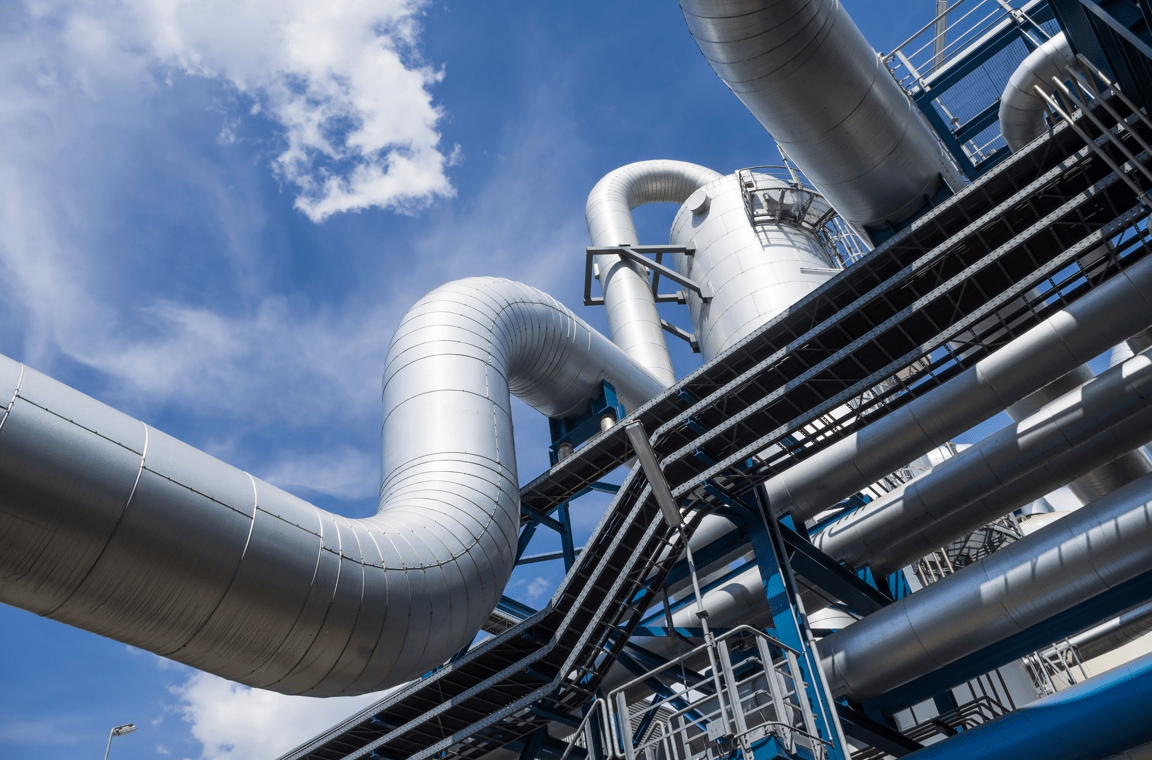Industrial pipes are an essential part of various sectors, including manufacturing, energy, and construction. Without these robust and reliable systems, many industrial processes would not function efficiently. This blog will explore the importance of industrial pipes and their applications.

Industrial pipes are the lifeblood of manufacturing plants, transporting liquids, gases, and even solid materials. They are used in heating and cooling systems, transporting chemicals, or delivering water and steam throughout facilities. Properly installed and maintained piping systems ensure that production lines run smoothly and safely.
In the oil and gas industry, industrial pipes play a crucial role in transporting crude oil, natural gas, and other products over long distances. The pipes need to withstand high pressure, harsh environments, and extreme temperatures, which makes their durability and material composition key considerations.
Chemical plants rely heavily on piping systems to move raw materials and end products. These pipes must be corrosion-resistant and able to handle reactive chemicals, ensuring that the facility operates without leaks or dangerous spills.
When it comes to industrial applications, downtime can be costly. High-quality industrial pipes are designed to withstand intense use and extreme conditions, offering long-term reliability and reducing the need for frequent replacements or repairs.
Efficient piping systems reduce energy costs and improve operational performance. Well-designed systems can minimize energy loss, which is particularly important in industries like power generation and petrochemical processing.
Industrial environments can be hazardous, and faulty piping can lead to leaks, explosions, or contamination. Using durable, well-tested materials for industrial pipes enhances safety and ensures compliance with industry regulations.
Steel pipes are common in industrial settings because they offer high tensile strength, resistance to corrosion, and excellent durability. Stainless steel, in particular, is popular in industries that require high hygiene standards, such as food processing and pharmaceuticals.
In certain applications, plastic pipes are more cost-effective and easier to install than metal ones. High-Density Polyethylene (HDPE) pipes, for example, are used in systems that require flexibility and resistance to chemicals.
These materials are used less frequently but are essential in specialized industries, particularly where heat conductivity is a concern.
Regular maintenance is crucial for ensuring that industrial pipes perform optimally. This includes periodic inspections, cleaning, and immediate repairs for any detected leaks or weaknesses. By investing in preventative maintenance, companies can avoid costly downtime and prolong the lifespan of their piping systems.
Industrial pipes are fundamental to the success of various industries, from oil and gas to manufacturing and chemical processing. Choosing the right piping system ensures that operations run smoothly, safely, and efficiently. By understanding the applications, benefits, and maintenance needs of industrial pipes, businesses can make informed decisions that lead to long-term success.








